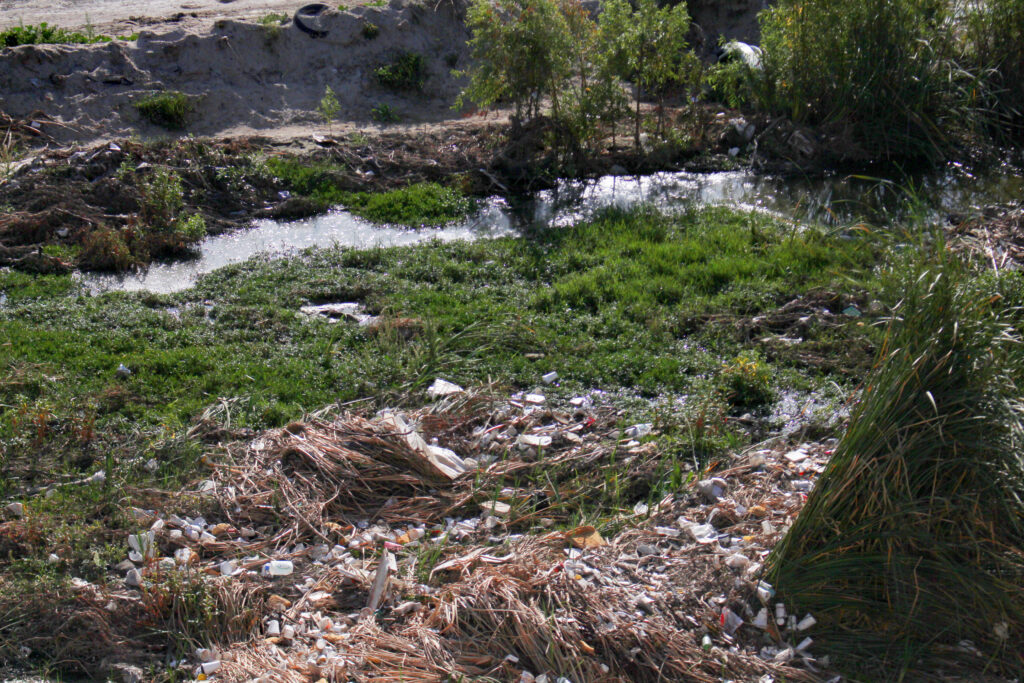
Six San Diego members of Congress have sent a letter to the Department of State demanding a full account of how the South Bay International Wastewater Treatment Plant (SBIWTP) fell into such a severe state of disrepair. The letter is signed by Representatives Scott Peters (CA-50), Doug LaMalfa (CA-01), David Valadao (CA-21), Ken Calvert (CA-41), Darrell Issa (CA-48), Mike Levin (CA-49), Sara Jacobs (CA-51), and Juan Vargas (CA-52).
The plant was constructed in 1997 to treat sewage originating from Baja California, Mexico that discharges into the Pacific Ocean. Decades of neglect and lack of proper maintenance at the plant have resulted in raw sewage polluting San Diego’s beaches, jeopardizing the health and safety of South Bay residents and U.S. Navy SEAL special forces who train in the waters. According to the letter, “Over the last 20 years, the population of Baja California has grown by more than 1 million people, yet the capacity at the plant has not increased since it was first constructed in 1997.”
While the San Diego congressional delegation secured $300 million in 2020 to double the plant’s capacity, members learned in June that it needs hundreds of millions of dollars in additional repairs before it can be expanded, and that the cost of the planned expansion has increased dramatically.
In their letter, the members state, “It remains unclear how the plant fell behind on maintenance since it was previously expanded in 2002. A response to the questions below will help us better understand how the deterioration of a facility crucial to the public health of the people of our region happened.” Those questions include:
- Who is responsible for ensuring the facility’s maintenance?
- When did the U.S. International Boundary and Water Commission (USIBWC), which manages the plant, become aware of its deteriorated condition?
- Is a contractor partially responsible for the plant’s deterioration?
- What steps is the State Department taking to more quickly pursue the repair, rehabilitation, and expansion of the plant?
- What measures are being taken to ensure the plant does not reach such a deteriorated state in the future?
The full text of the letter can be found here.




